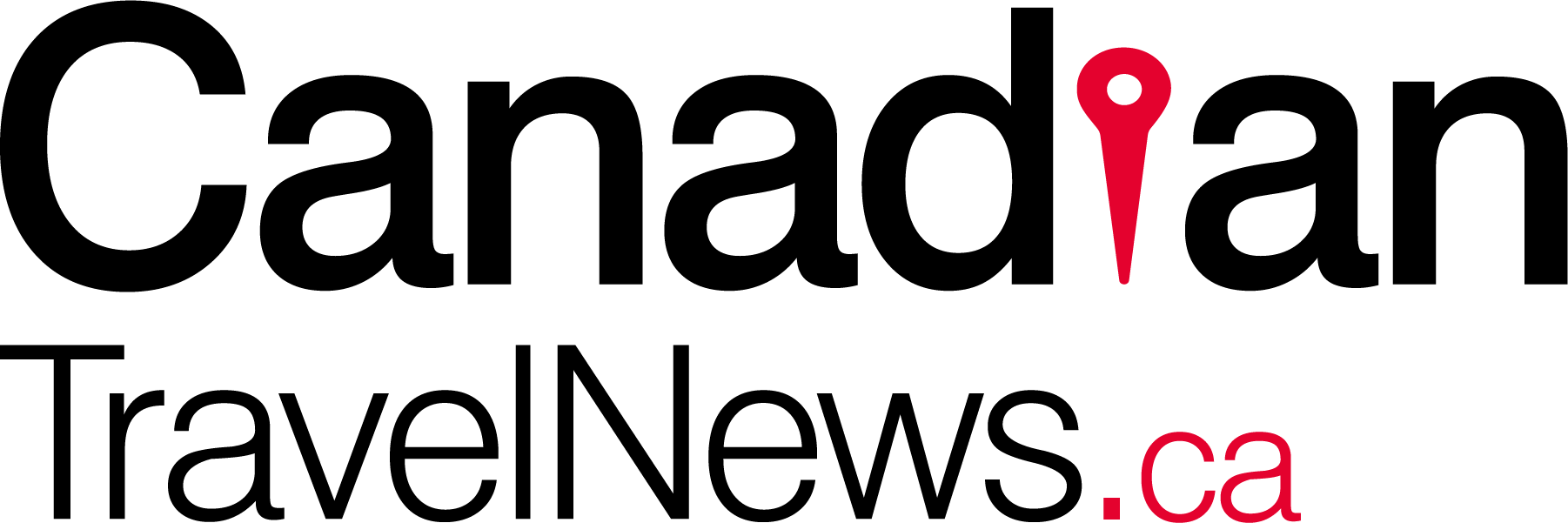
New COVID-19 Test Rules for Canada Start January 7: Experts Divided On The Issue
December 31, 2020 ctn_admin
The government of Canada has issued new details about the COVID-19 testing plan it announced on Wednesday.
Transport Minister Marc Garneau said that, as of January 7, 2021 at 12:01 a.m. Eastern time, ALL travellers age five and older must present a negative COVID-19 PCR-style test at the airport they’re flying to Canada from. Tests must be taken with 72 hours of a travellers’ scheduled departure.
Garneau said if someone is flying to Canada from a country where tests are available but they haven’t bothered to get a test, they’ll be forced to reschedule their flight. If someone can show that they were not able to get a test in the destination they’re flying from, they can board the plane to Canada but must quarantine at a federal facility when they arrive.
Garneau didn’t say but presumably the costs of a federal facility quarantine would be borne by the traveller.
The minister said all travellers, even with negative tests, still have to quarantine for 14 days upon arrival. He also said the government is stepping up its policing of quarantine situations, so they can be sure people are following the rules and not wandering about.
Garneau said those who violate quarantine rules could be fined up to $750,000 or face up to six months in prison.
“Our government remains committed to protecting the health and safety of Canadians,” Garneau said. “These new measures will provide another layer of protection for Canadians as we continue to assess public health risks and work to limit the spread of COVID-19 in Canada.”
When it comes to the new rules on COVID testing for air arrivals, experts in Canada are decidedly split.
Health experts are applauding news that the Canadian government will soon require arriving air passengers to present proof of a negative COVID-19 test; a test that must be taken within three days of arrival in Canada. But airline experts are panning the move and say the new rules should be accompanied by a reduction in mandatory quarantine times.
Mike McNaney, President and CEO of the National Airlines Council of Canada which represents Canada’s largest national and international carriers (Air Canada, Air Transat, Jazz Aviation and WestJet), said Wednesday’s announcement “only addresses one element of the path forward – the utilization of testing to help further protect public health.”
“We strongly believe it must also be utilized in conjunction with measures to reduce quarantine levels, as is being done in countries all around the world,” he said.
Federal officials have said the 14-day quarantine rule is effective and will remain in place, even for arriving passengers with negative test results.
Canadian aviation expert Robert Kokonis said in an email the move by the Justin Trudeau government could lead to “catastrophic” losses for Canadian airlines and the aviation industry.
“This industry has shed hundred of thousands of jobs globally since the onset of the pandemic – and that is just airlines,” he said. “In Canada, we are talking about tens of thousands of jobs. The requirement now for travellers entering Canada (who are largely Canadian citizens and residents) to get an advance negative Covid test, and still quarantine for 14 days upon arrival will deter even more passengers from travelling.
“Already brutally weak load factors on international routes could be reduced to table scraps, forcing our airlines to make additional route and capacity reductions. This will translate directly into addition lost airline jobs. Rippling those job losses across the broader aviation and tourism food chain, and we could be setting up our industry for catastrophic losses,” Kokonis said.
“And, don’t forget, Canada is one of the few developed countries with a leading global carrier that has yet to provide any sector-specific financial support to its airlines, and only paltry sums to its airports,” he added.
Health experts, however, seem to be taking a far different position.
Dr. Nitin Mohan, a partner at ETIO Public Health Consultants, told the Toronto Star that the new move is an extra layer of protection that should have been in place a long time ago.
“It’s not perfect,” Mohan said. “But at least it provides us a benchmark. It gives us some sort of indication of persons’ health status regarding COVID prior to travelling.”
Canadian Transport Minister Marc Garneau on Thursday (Dec. 31) issued a news release providing more details.












